Find Best T-Shirts for Printing
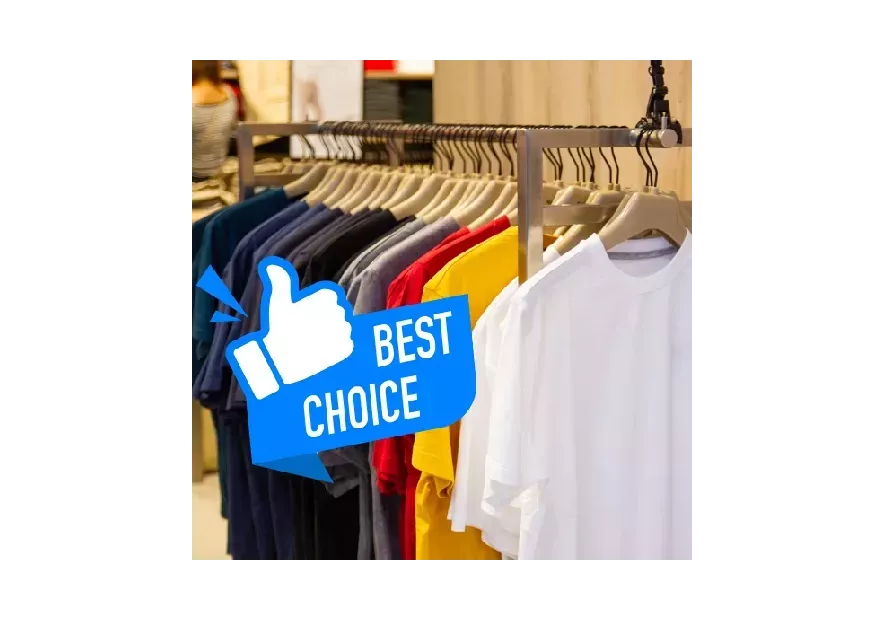
When it comes to creating custom t-shirts, choosing the right garment is crucial to ensure that the final result is high-quality and durable. Whether you're looking to promote your brand, prepare for an event, or simply create personalized gifts, understanding the details of fabrics, printing techniques, and available brands will help you make informed decisions. In this content, we will guide you through the essential aspects of choosing the best t-shirts for printing.
Best T-Shirts for Printing Based on Fabrics
Selecting the right fabric is vital for print quality and t-shirt durability. Each material offers unique characteristics that affect ink adherence and the final outcome. Below, we will explore the best t-shirt options based on their fabrics, highlighting their pros and cons to help you make informed choices.
Cotton
FeaturesCotton is a natural fiber known for its softness and breathability. Its texture is soft and comfortable against the skin, making it ideal for clothing in direct contact with the body. Cotton has low thermal conductivity and high porosity, which means it retains heat well and is suitable for winter wear. It is also resistant to alkalis, making dyeing, production, and washing easier.
Advantages:
- Comfort:Cotton is very soft and breathable, making it comfortable to wear, especially in warm climates.
- Heat Retention:Cotton retains heat well, making it ideal for winter clothing.
- Alkali Resistance:It is resistant to alkalis, which is beneficial for dyeing and washing.
- Non-Irritating:It does not irritate the skin, making it safe for the human body.
- DTG Printing:Cotton is a perfect surface for Direct-to-Garment (DTG) printing, producing vibrant and sharp designs.
Disadvantages:
- Wrinkles and Deformation:Cotton clothing wrinkles easily and may deform with wear, such as shortening sleeves.
- Shrinking:Cotton may shrink after multiple washes, especially if washed at high temperatures.
- Drying Difficulty:Cotton takes longer to dry, making it less suitable for activewear.
- Acid Sensitivity: It is not resistant to acids, so contact with acidic substances like vinegar should be avoided.
Polyester
FeaturesPolyester is a synthetic fiber derived from petroleum, known for its durability and wrinkle resistance. It is lighter than cotton and dries quickly. It offers intense color strength in prints and is resistant to moisture, abrasions, and extreme weather conditions. It is easy to wash and does not deform easily, making it ideal for sports and workwear.
Advantages:
- Durability:Polyester is extremely durable and resistant to abrasions and extreme weather.
- Easy Care:It doesn't wrinkle, dries quickly, and is easy to wash. It does not require ironing and repels water.
- Color Retention:Colors remain vibrant after washing.
- Versatility:Can be used in a variety of products, from sportswear to dresses and shirts.
- Economical:Generally more affordable than cotton, providing good value for money.
Disadvantages:
- Non-Breathable:Polyester is not breathable, which can make garments uncomfortable in warm weather by trapping moisture and sweat.
- Static Electricity:It generates static electricity, which can be uncomfortable.
- Discomfort in High TemperaturesIt doesn't offer comfort in high temperatures and can feel sticky.
- Non-Sustainable:It is not environmentally sustainable, though there are recycled polyester options that are more eco-friendly.
- Odor Retention:It can retain body odors that are difficult to eliminate during washing.
Blended Fabrics (Cotton-Polyester)
Cotton-polyester blends combine the best of both materials, offering comfort and durability. This blend is ideal for custom t-shirts, as it provides breathability and strength, making it a versatile option for various printing projects.
FeaturesBlended fabrics combine the advantages of cotton and polyester. They are versatile and suitable for a wide variety of products. These fabrics typically have a percentage of cotton and polyester, such as 60% cotton and 40% polyester. They are more breathable than pure polyester fabrics due to the cotton content but retain the durability and easy-care properties of polyester.
Advantages:
- Breathability:More breathable than pure polyester, making them comfortable in warm weather.
- Easy Care:They don’t wrinkle, dry quickly, and are easy to wash. They shrink very little compared to pure cotton
- Durability:They combine the durability of polyester with the comfort of cotton.
- Printing:They work well with bright and colorful designs and are suitable for DTG printing.
Disadvantages:
- Compromise in Properties:While they combine advantages, they may not offer the same softness as pure cotton or the same durability as pure polyester.
- Vintage Effect in Prints:DTG prints may have a somewhat vintage effect due to the material blend.
Best T-Shirts for Printing Based on Printing Types
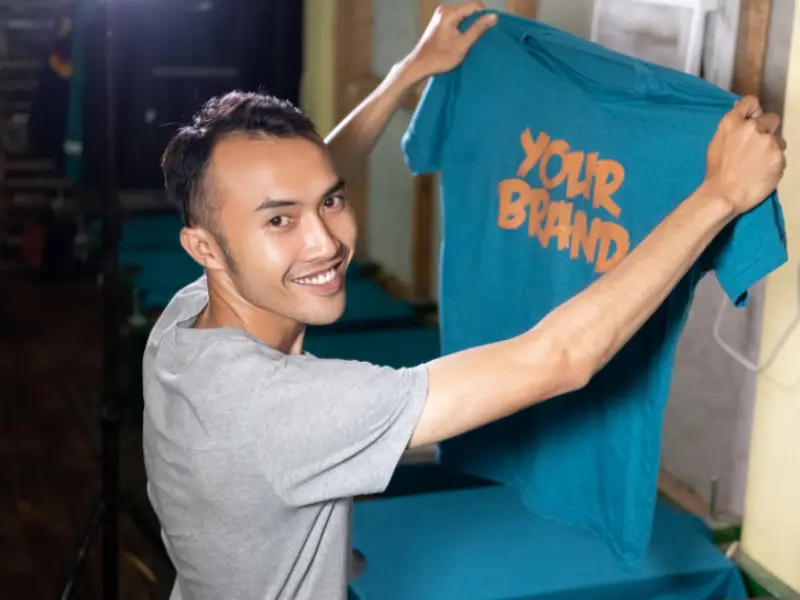
Choosing the right printing method is fundamental for achieving optimal results in your custom t-shirts. Each technique has specific characteristics that influence the quality and durability of the design. Below, we will explore the best t-shirt options based on the different available printing methods.
DTF Printing (Direct-to-Film)
FeaturesPrints a design on a special film that is transferred to the fabric with heat.
Pros:
- Versatility of Materials:Works well on cotton, polyester, and blends.
- Vibrant Colors:Offers bright prints and sharp details.
- Durability:Resistant to wear and washing.
- Cost-Effective for Small Quantities:More economical than screen printing for small runs.
Cons:
- Requires Specific Equipment:Needs DTF printers and specific materials.
- Drying Time:May require additional drying time before application.
- Touch SensationSome prints may have a different texture.

Ideal Materials: Cotton, polyester, blends.
Screen Printing
FeaturesUses a mesh to transfer ink onto the t-shirt.
Pros:
- Vibrant Colors:Produces durable and colorful prints.
- Durability:Resistant to multiple washes.
- Cost-Effective for Large Quantities:More economical as quantity increases.
Cons:
- High Cost for Small Quantities:Less cost-effective for small runs.
- Limitations on Complex Designs:Not ideal for highly detailed designs.

Ideal Materials: Cotton, cotton blends.
Direct-to-Garment (DTG)
FeaturesPrints directly onto the t-shirt using pigment inks.
Pros:
- Precision:Great detail and precision in designs.
- Flexibility:Can print a wide range of colors.
- Softness:The ink integrates well with the fabric.
Cons:
- Fabric Compatibility:Less effective on fabrics with high polyester content.
- Cost:Can be expensive for small runs.

Ideal Materials:100% cotton or blends with low polyester content.
Heat Transfer Printing
FeaturesTransfers ink from a substrate to the fabric using heat.
Pros:
- Design Flexibility:Can print a variety of colors and graphics.
- Softness:The transferred ink is soft and durable.
Cons:
- Durability:The print may not be as durable as other techniques..
- Fabric Limitations:Not compatible with all fabrics.

Ideal Materials:Cotton, cotton blends.
Sublimation Printing
FeaturesTransfers ink into the fibers of the fabric using heat.
Pros:
- High-Quality Prints:Vibrant colors that integrate well into the fabric.
- Durability:Resistant to wear and fading.
Cons:
- Fabric Limitation:Only works on polyester or polyester-coated products.
- Initial Cost:May require a higher investment in equipment.

Ideal Materials:Polyester, light-colored fabrics.
Vinyl Transfer Printing
FeaturesUses vinyl to create designs that are transferred to the t-shirt.
Pros:
- Good Durability:Prints are resistant and brightly colored.
- Ideal for Simple Designs:Effective for logos and text.
Cons:
- Limitations on Fine Details:Not ideal for very intricate designs.
- Cost:Can be more expensive for small batches.

Ideal Materials:Cotton, polyester, blends.
Discharge Printing
FeaturesUses a chemical to remove the original color and apply a new one.
Pros:
- Soft Prints:Prints are soft to the touch.
- Good Durability:Resistant to wear.
Cons:
- Fabric Limitations:Only works on cotton t-shirts.
- Requires Special Care:May need additional treatment.

Ideal Materials:100% cotton.
Discharge Printing
FeaturesUses a chemical to remove the original color and apply a new one.
Pros:
- Soft Prints:Prints are soft to the touch.
- Good Durability:Resistant to wear.
Cons:
- Fabric Limitations:Only works on cotton t-shirts.
- Requires Special Care:May need additional treatment.

Ideal Materials:100% cotton.
Puff Printing
FeaturesUses special ink that expands with heat, creating a three-dimensional effect.
Pros:
- Attractive Design:Offers a unique and visually interesting texture.
- Durability:Good resistance if applied correctly.
Cons:
- Cost:Can be more expensive.
- Drying Time:Requires additional drying time.

Ideal Materials:Cotton, cotton blends.
Automatic Screen Printing
FeaturesUses automatic machines to print, similar to traditional screen printing..
Pros:
- High Speed:Greater speed and consistency in large quantities.
- Consistency:Maintains quality in each print.
Cons:
- Machinery Cost:High initial cost for machinery.
- Less Flexibility:Better for large runs and simple designs.

Ideal Materials:Cotton, cotton blends.
Summary of Ideal Materials
Best for screen printing, DTG, heat transfer, discharge printing, DTF.
Ideal for sublimation and DTF.
Ideal for sublimation and DTF.
Best Brands for High-Quality Printing
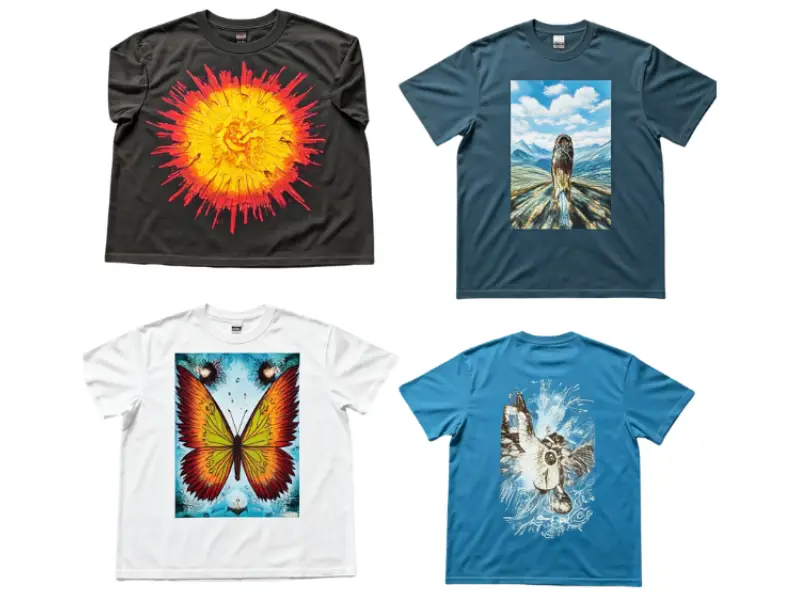
Choosing the right brand is crucial for ensuring the quality of your prints. The best brands offer a combination of durability, product variety, and compatibility with different printing techniques. Below, we will explore some of the top options that ensure exceptional results in your custom t-shirts.
Gildan
FeaturesGildan is known for its economical and versatile t-shirts. It offers a wide range of products with different cuts and materials. It is popular for its good quality-to-price ratio and durability.
Advantages:
- Economy:Offers good value for money.
- Versatility:Ideal for businesses and individuals due to its product variety.
- Durability:Known for the durability of its garments./li>
- Cost-Effective for Small Quantities:More economical than screen printing for small runs.
Roly
FeaturesRoly stands out for its excellent quality and refined cuts. It is known for its eco-friendly practices and modern style. It offers high-quality materials and ethical production.
Advantages:
- Quality and Style:Combines style, comfort, and environmental responsibility.
- Ethical Production:Ideal for those who value sustainability and ethical practices.
Sol’s
FeaturesSol’s is recognized for its quality and ethical production. It offers high-quality materials and a modern style. It is popular for its focus on sustainability and environmental care.
Advantages:
- Quality and Sustainability:Ideal for those who want to be fashionable while supporting responsible manufacturing practices.
- Modern Style:Offers a sleek and contemporary style.
Kariban
FeaturesKariban stands out for its comfort and style. It offers easy-to-print surfaces and comfortable fits. It is popular for its durability and ability to maintain its original shape.
Advantages:
- Comfort and Durability:Comfortable and stylish fit, with clean and lasting prints.
- Ease of Printing:Easy-to-print surfaces.
Fruit of the Loom
FeaturesFruit of the Loom is known for its excellent quality-to-price ratio and reliability. It offers a wide range of products tailored to different printing techniques. It is popular for its consistent quality and accessibility.
Advantages:
- Quality and Accessibility:Consistent and accessible quality for businesses and individuals.
- Adaptability:Ideal for different printing techniques.
Choosing the right t-shirt for printing is a process that requires considering various factors, from quality and fabric type to printing technique and brand. By understanding the advantages and disadvantages of each option, you can ensure that your custom t-shirt is high-quality and durable.

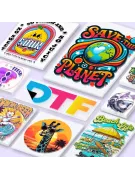
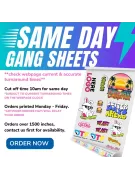
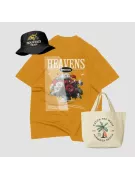
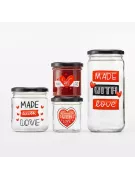
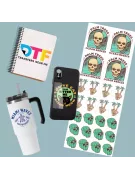
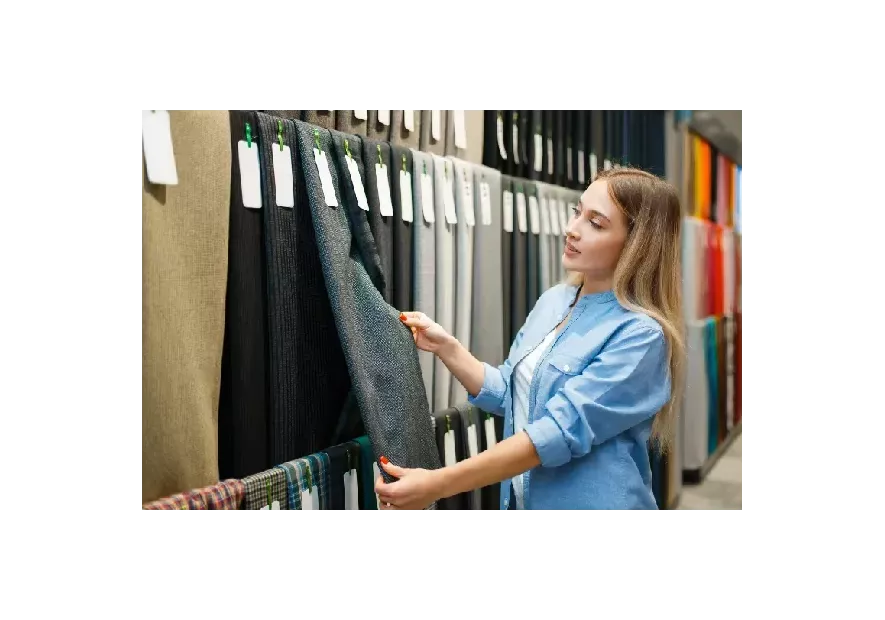
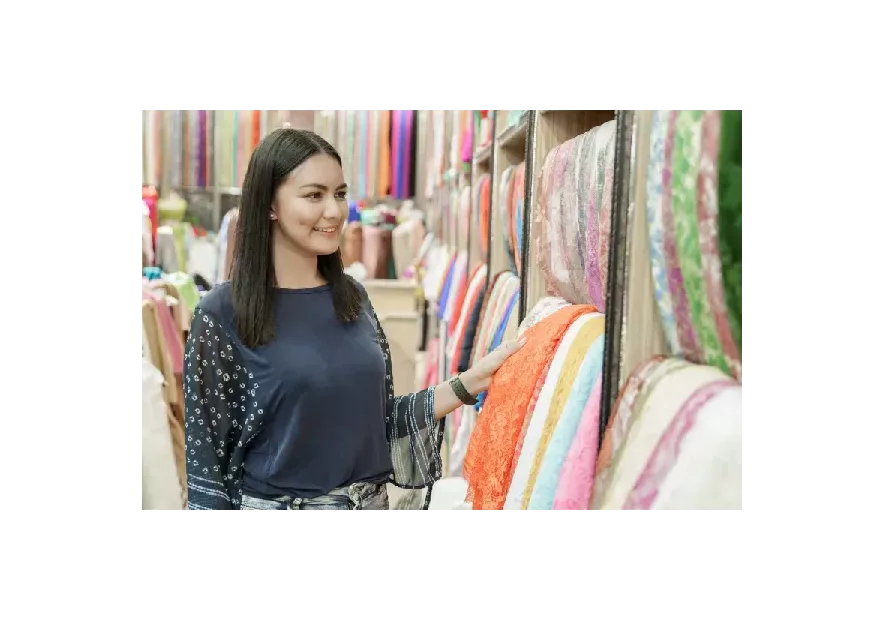
Leave a comment